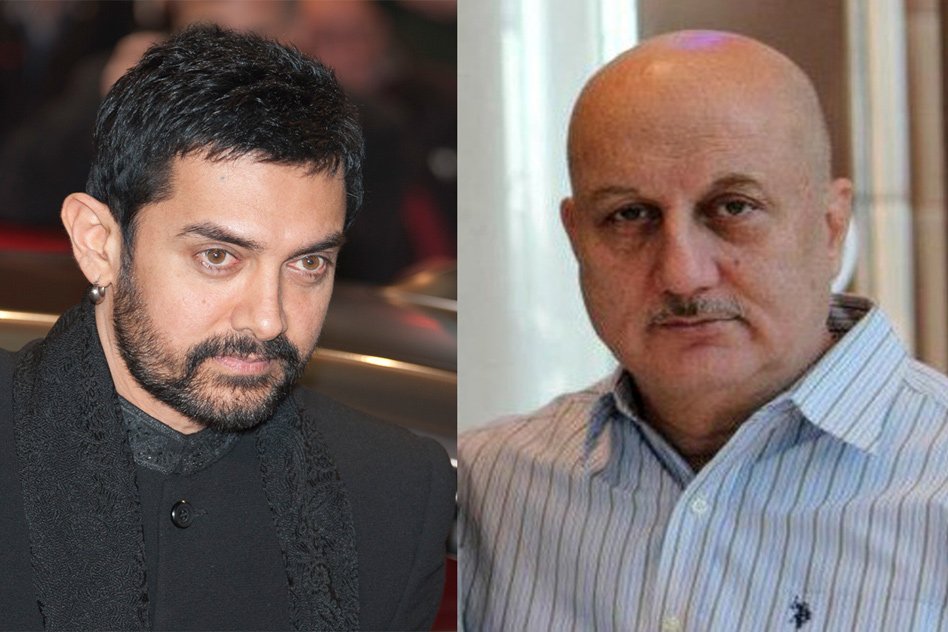Image Source: tehelka
For the past many weeks, there has been a major national debate on whether India is becoming an intolerant nation. The proponents of this argument cite two trends: one, the recent string of attacks on journalists and freethinkers; and two, the extremism of the anti-beef lobby. The opponents of the argument brand the proponents as anti-Government and politically biased.
Controversial statements by certain political leaders have added fuel to the fire. A growing number of celebrities and civil society activists have given their opinions on the topic. Also, many Sahitya Akademi awardees have returned their awards in protest – and others opposed the same in what has come to be known as ‘Award Wapsi’.
While approaching the issue of intolerance, it is important to note a few valid points with a broad mind:
• No country on earth can claim to be fully tolerant; all countries have friction between communities.
• India is not like any other country – we are a staggeringly diverse nation. As such, it is practically impossible to expect zero cases of communal violence in a nation as dynamic as India.
• We are a robust democracy, but still a young democracy.
• It is the right of every Indian to protest non-violently for anything, even if the cause is unnecessary; free speech is constitutionally guaranteed.
Understanding the aforementioned points, let us now try to accept two very important and hard truths:
• There are elements in Indian society which wish to inflict disorder and which are inherently intolerant.
• However, for a democracy of 1.26 billion people, a dozen religions, three thousand castes and countless ideological factions, India is relatively peaceful.
The debate on intolerance is both important and flawed: important because any debate that involves the country is worth having, and flawed because of the direction it has taken. Problems arise when people give it a religious dimension; India has communal elements, but they are fringe elements. The majority of Indians are not driven by religious divisions; our Constitution is highly liberal and so is our legal system. There are loopholes and imperfections, but ignoring the bigger picture would be unwise and agenda-driven. If India was a religiously intolerant country we would not have survived 70 years of being the most diverse democracy on earth.
In conclusion:
• India, like every country, has both tolerant and intolerant elements in it.
• India is not religiously intolerant. We are a diverse nation and we are largely proud of our diversity. A few violent fringe elements do not represent the rest of us.
• Opposing people who return their awards by asking them to “Go to Saudi Arabia or Pakistan,” is uneducated and stupid.
• The media has largely failed in giving people the full picture, leaving them to come to their own, half-informed conclusions.
• Anytime we have a national debate, it is important to approach it in as apolitical a manner as we can. Otherwise, we risk losing whatever we can accomplish by having the debate.









